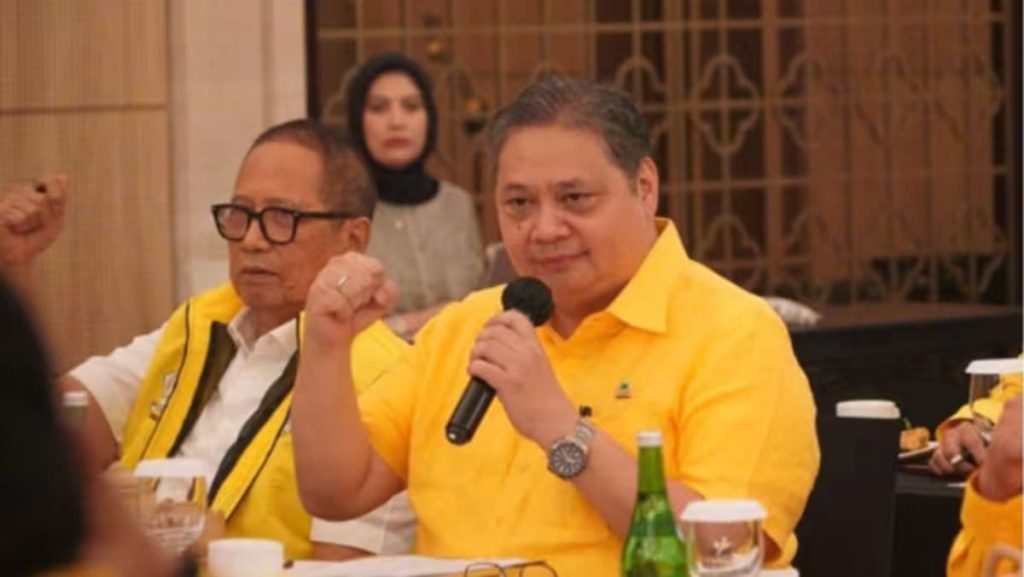Indonesian Cabinet minister Airlangga Hartarto’s unexpected resignation as chairman of the Golkar party has created speculation that he may be under investigation for corruption. In a video statement, Airlangga explained his resignation as a move to maintain the integrity of the party and ensure stability during the upcoming government transition. Golkar’s deputy chairman stated that Airlangga’s resignation was voluntary and necessary for party solidarity, as he needs to focus on his duties as Indonesia’s coordinating minister for economic affairs.
The government transition in Indonesia is set to take place on Oct 20, with incumbent defence minister Prabowo Subianto and vice president-elect Gibran Rakabuming Raka taking over from President Joko Widodo and Ma’ruf Amin. Speculation arose regarding Airlangga’s resignation in relation to a corruption case involving export permits for crude palm oil and its derivatives. Although some media outlets reported that Airlangga had been summoned for questioning by the Attorney General’s Office, the AGO’s Legal Information Centre head denied any plans to do so in the near future, stating that Airlangga has not been named as a suspect.
Golkar, as Indonesia’s oldest political party, holds significant influence in the country’s governance. Airlangga’s resignation comes at a crucial time for the party, given the upcoming government transition and the need for solid leadership. The party came in second in the legislative elections earlier this year, reflecting its continued relevance in the political landscape. With the potential allegations of corruption surrounding Airlangga, the party faces challenges in maintaining its credibility and reputation.
The allegations of corruption linked to Airlangga have raised concerns about the integrity of Indonesia’s political leadership. Recent cases of corruption in the country have led to public outrage and a demand for accountability from those in power. As Airlangga’s role as the coordinating minister for economic affairs is crucial for steering the country’s economic policies, any potential taint of corruption could have far-reaching consequences for Indonesia’s socio-political landscape.
As the speculation surrounding Airlangga’s resignation continues, the spotlight remains on the Indonesian government’s commitment to transparency and accountability. The upcoming government transition and the appointment of new leaders present an opportunity to address any allegations of wrongdoing and ensure a clean slate for the country’s governance. The political fallout from Airlangga’s resignation underscores the importance of upholding ethical standards in public office and the need for effective anti-corruption measures to build public trust in Indonesia’s leadership.


